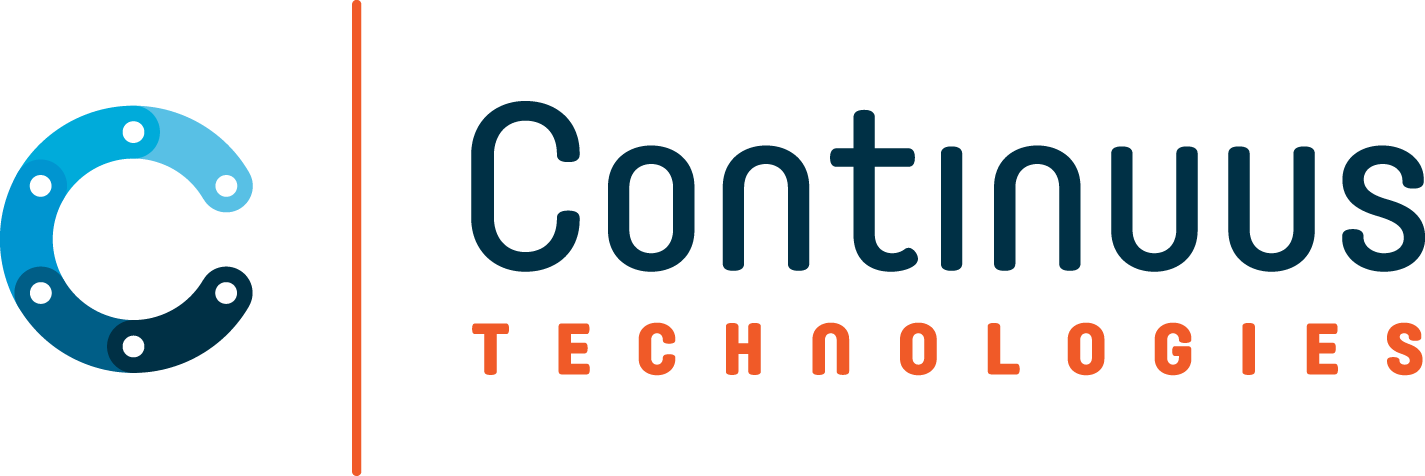Twenty-five years ago, data governance was not something top of mind for financial firms. The world of data was much smaller. Since then, the types of data and points of access have grown exponentially, and businesses now must proactively address concerns of data quality, efficiency, and accuracy to ensure the best information possible is in front of decision-makers and ultimately driving performance.
At Continuus, the importance of data governance is central to the discussion in managing and optimizing enterprise data. Recently, our Chief Revenue Officer, Kellyn Cochell, sat down with two of our in-house data governance experts, CO-Chief Data Officer Asha Macwana and Principal Consultant Keshia Britain, to dive into the intricacies of this crucial topic.
The need for dependable, high-quality data for analysis is where the story of data governance began, particularly among analysts in financial services. As Keshia Britain explained, "It started with analysts who needed reliable data for their work. They needed answers to essential questions: Where does the data come from? How do you cleanse it? How do you make it accessible in a way that contributes to organizational goals?"
From these questions, data governance grew organically, evolving into a vital discipline for organizations seeking to maximize the value of their data assets. Today, it’s exciting to see how awareness of the need for structured data governance is growing rapidly across industries, including asset management. Reflecting on the change in the industry, Kellyn remarked, “I remember going to conferences where data governance wasn’t even mentioned. Now, it’s listed more and more frequently, reflecting how firms are recognizing its importance as a critical area that needs to be addressed.”
As asset managers deal with vast amounts of financial, operational, and client data, having strong data governance practices helps ensure the integrity, security, and usability of this data. “Having gone through the whole data lifecycle,” Keshia shared, “I know firsthand the implications of poor data governance. The time and frustration spent cleaning information or searching for accurate data can be immense, especially when producing reports for leadership or clients. The lack of transparency and consistency impacts not just the quality of the data, but also the organization’s bottom line.”
It’s also important to note that data governance is not just about compliance or risk management; it’s a strategic enabler. Strong data governance improves the accuracy and reliability of data, leading to quicker and more informed decision-making. In an industry where even small errors can have significant financial impacts, governance ensures data integrity, streamlines workflows, and supports innovation.
Many firms look to technology to solve their governance challenges. However, effectively implementing a data governance framework requires more than just tools—it’s about people, processes, and technology working in harmony. Asha Macwana explained, “You need well-thought-out policies, identified stakeholders who take ownership and accountability for the data assets. Along with the right tools to enable these processes, these elements must work in concordance to realize the maximum value from your data.”
Strong data governance practices ensure the integrity, security, and usability of data, which in turn enables smarter decision-making, reduces risk, and drives performance. As data governance continues to evolve, asset managers must prioritize it to remain competitive and to ensure that they not only meet today’s regulatory requirements but are also prepared to seize tomorrow’s opportunities.
Want to dive deeper?
Watch the full webinar to hear more insights from our experts about building a strong data governance framework for asset managers.




